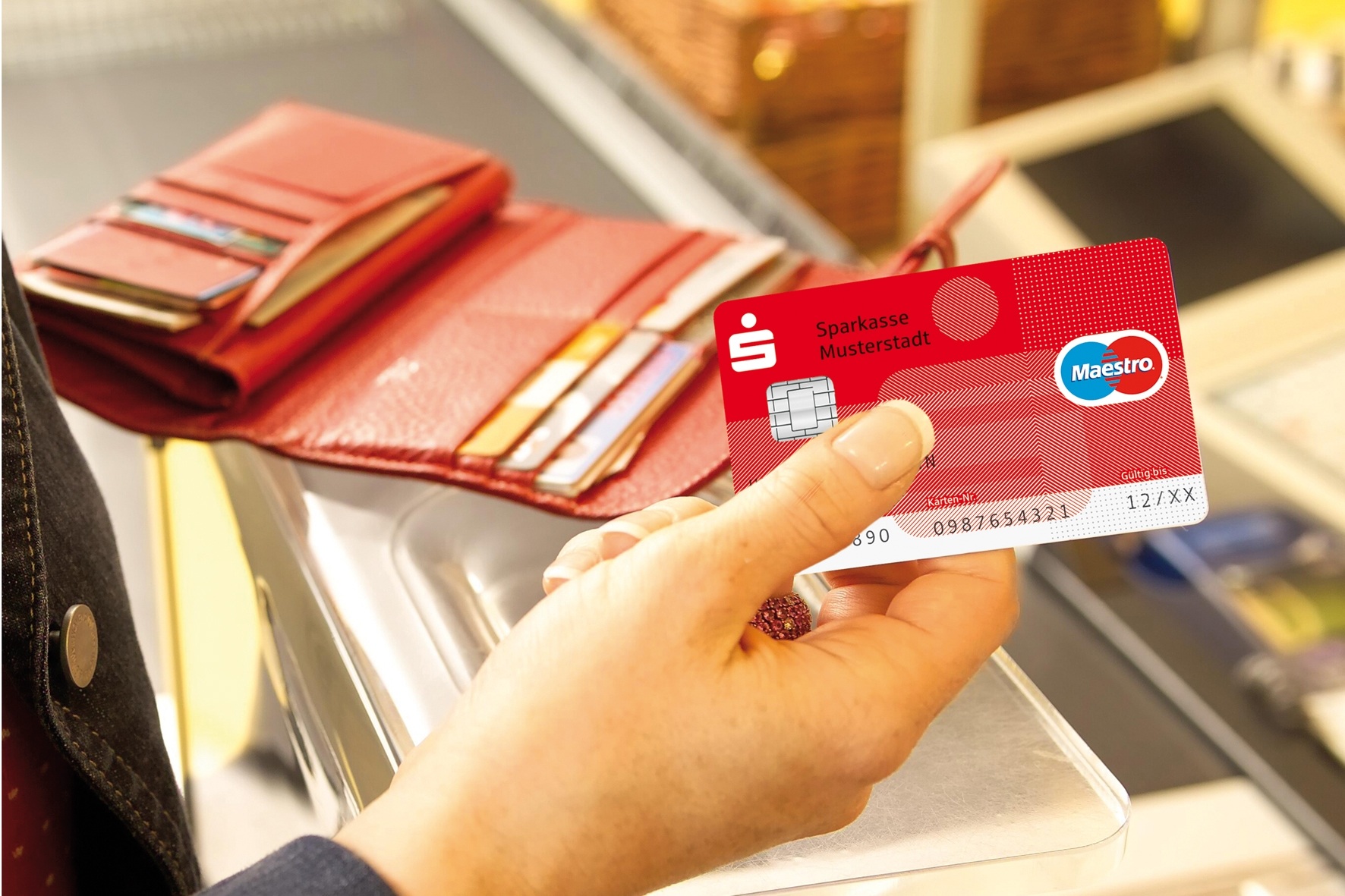It's almost a miracle - but the savings banks seem to have reached an agreement with Apple. Apple Pay should actually be available to Sparkasse customers this year - there is already a rough date.
A new process by the Sparkasse now indirectly confirms the imminent support of Apple Pay. As has now become known, the Sparkasse is informing its customers about new terms and conditions. If you take a closer look at these, it becomes immediately clear - Apple Pay is coming. According to this, information is provided about "individualized authentication procedures", among other things. For example, it says:
“For this purpose, the digital credit card on the cardholder’s mobile device is agreed as the first factor (possession element) and biometric elements of the cardholder, e.g. fingerprint, facial recognition or other unlocking mechanisms of the mobile device (e.g. the unlock code) are agreed as the second factor as authentication elements.”
Some customers are reporting in various forums that their savings banks confirmed the introduction of Apple Pay in the fall upon request and that the new terms and conditions actually relate to Apple's payment service. The new circular also contains a rough launch date.
Girocard also compatible
The new terms and conditions are set to come into force in mid-September. However, the corresponding services will not be introduced until November 2019. It is currently unknown whether the Volksbanken and Raffeisenbanken will launch at the same time. In addition to credit cards, users of EC cards (Girocard) will also be able to benefit from Apple Pay. The new terms and conditions for the use of digital cards also include these. An official announcement from the umbrella organization and Apple is still pending - but it should be made soon. (Image: German Savings Banks and Giro Association)
Don't want to miss any more news? Then subscribe to our Telegram channel here
You are currently seeing a placeholder content of standard. To access the actual content, click on the button below. Please note that data will be passed on to third-party providers.




